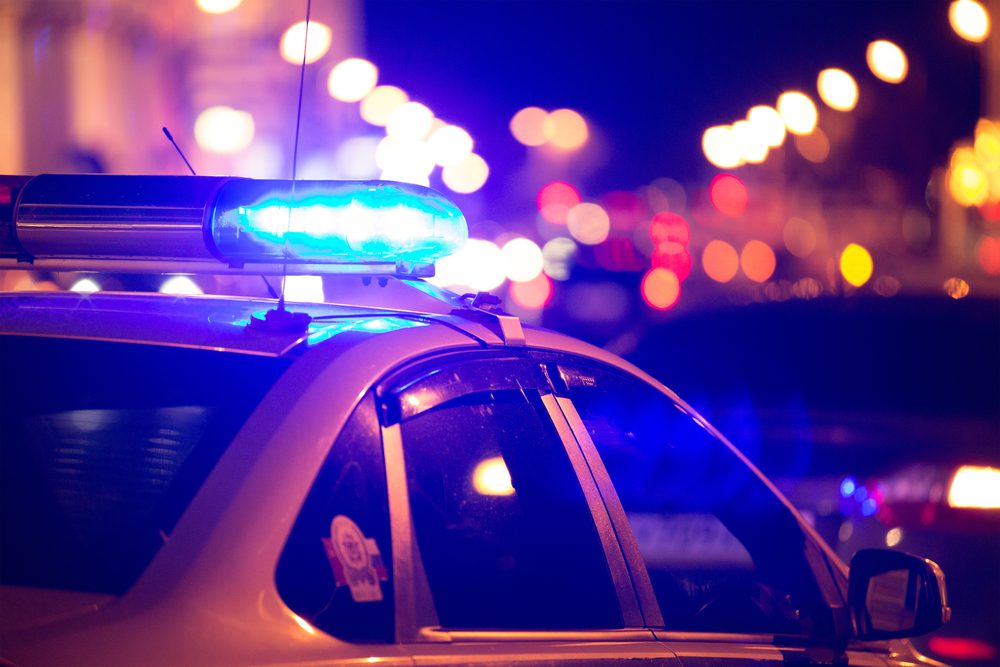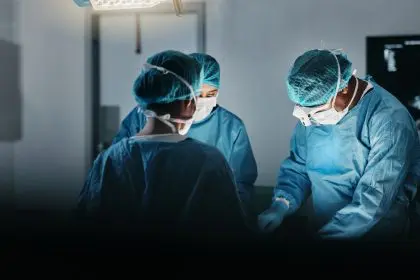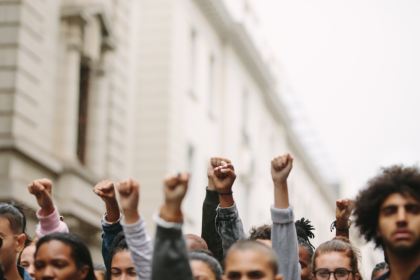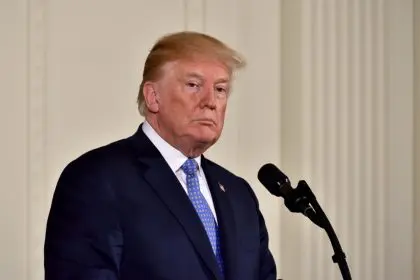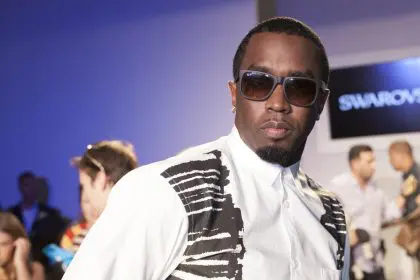The murder trial of former Ohio police officer Adam Coy has officially commenced, drawing significant attention as it addresses the fatal shooting of 47-year-old Andre Hill nearly four years ago. This case has reignited discussions surrounding police conduct, accountability and the treatment of Black individuals by law enforcement.
Background of the incident
On Dec. 22, 2020, Coy responded to a non-emergency call about a man sitting in a vehicle, playing music and intermittently starting the engine. Upon arriving at the scene in Columbus, Ohio, Coy shot Hill just ten seconds after he emerged from an open garage, holding only a cellphone and a set of keys.
Charges against Adam Coy
Coy, now 48, faces serious charges including murder, reckless homicide and felonious assault. His actions on that fateful night have been scrutinized, with the prosecution arguing that he acted recklessly and without justification. The trial’s opening statements revealed contrasting narratives from the defense and prosecution regarding the events leading up to Hill’s death.
Defense’s argument
Coy’s defense attorney, Kaitlyn Stephens, emphasized that the presence of a weapon at the scene was irrelevant, claiming that officers are permitted to make mistakes in high-pressure situations. She argued that Coy perceived a glint of steel in Hill’s hands, which he mistakenly believed to be a gun, prompting him to shoot out of fear. Stephens maintained that Coy acted in accordance with his training and was not reckless.
According to the defense, Coy had initially interacted with a “wide-eyed and jittery” Hill before returning to his police vehicle. They claimed that Hill’s actions, including banging on a neighbor’s door and ignoring Coy’s inquiries, led the officer to believe a burglary was about to occur, justifying his approach.
Prosecution’s counterargument
The prosecution, led by Assistant Prosecuting Attorney Renee Amlin, presented a different account of the events. They argued that Hill was simply waiting for a friend and had turned his car on and off to stay warm in the cold December weather. Amlin stated that Hill had shown Coy a text message confirming that someone was on their way to meet him.
According to the prosecution, after Hill entered the garage of a friend’s home, both officers decided to approach him. Hill was shot as he walked toward Coy, holding his cellphone, which he intended to show the officers. The prosecution plans to demonstrate that Coy acted knowingly and recklessly, calling on an expert to testify about proper police procedures.
Key evidence and testimonies
Neither officer activated their body cameras prior to the shooting, and their dash cameras were also off since they were responding to a non-emergency call. However, a lookback feature on Coy’s body camera captured the last 60 seconds of the incident, although without audio. This lack of clear evidence has raised concerns about transparency and accountability in the case.
During an internal investigation, Officer Amy Detweiler, who was with Coy, stated that she did not perceive a threat from Hill and did not see a weapon on him. Despite this, Coy shouted that Hill had a gun just before firing four shots. Medical assistance was delayed, with Hill receiving help nearly ten minutes after being shot.
Impact on community and law enforcement
This trial is not just about one officer’s actions; it reflects broader issues of police violence and systemic racism within law enforcement. The shooting of Andre Hill has sparked protests and calls for justice, highlighting the urgent need for reform in policing practices.
Coy, who had served 17 years with the Columbus Division of Police, was fired shortly after the incident. His trial, initially scheduled for March 2022, faced multiple delays due to his health issues, but he is now deemed fit to stand trial.
The outcome of this trial could have significant implications for police accountability and the ongoing fight against racial injustice. As the case unfolds, it is crucial for the community to stay informed and engaged in discussions about policing and the treatment of Black individuals by law enforcement.

